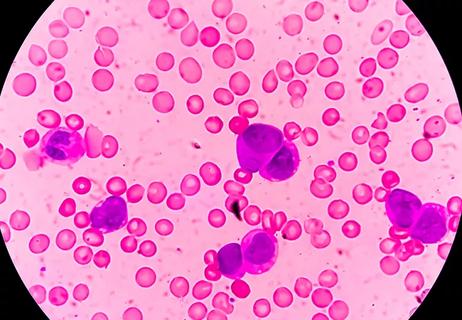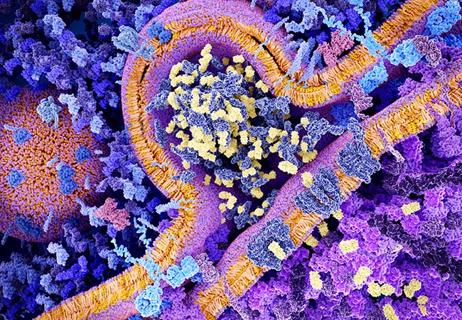Tag debug info: client: {"assets":{},"datasets":{},"live":{},"projects":{},"users":{},"observable":{"assets":{},"datasets":{},"live":{},"projects":{},"users":{}}} Now: 1770717573257 Cache Key: cqdTagPageBySlug:chemotherapy fetchCache[cqdTagPageBySlug:chemotherapy].expirationTime: falsey fetchCache[cqdTagPageBySlug:chemotherapy]. seconds remaining: falsey All fetchCache expiration times: -- Key: cqdNotFoundPage, seconds remaining: -804 -- Key: cqdTagPageBySlug:sara-al-nimer, seconds remaining: -12026 -- Key: cqdPostsByTag:cqd-migrated-tag-20168,1,10, seconds remaining: -11956 -- Key: cqdTagPageBySlug:selective-renal-denervation, seconds remaining: -7930 -- Key: cqdPostsByTag:cqd-migrated-tag-1156,1,10, seconds remaining: -7856 -- Key: cqdTagPageBySlug:gender-affirming-procedure, seconds remaining: -4801 -- Key: cqdPostsByTag:cqd-migrated-tag-3414,1,10, seconds remaining: -4729 -- Key: cqdTagPageBySlug:descending-aorta, seconds remaining: -3558 -- Key: cqdPostsByTag:cqd-migrated-tag-23788,1,10, seconds remaining: -3494 -- Key: cqdTagPageBySlug:autoinflammatory-disease, seconds remaining: -2182 -- Key: cqdPostsByTag:cqd-migrated-tag-1237,1,10, seconds remaining: -2115 -- Key: cqdTagPageBySlug:stent-grafting, seconds remaining: -804 -- Key: cqdPostsByTag:cqd-migrated-tag-4170,1,10, seconds remaining: -735 -- Key: cqdTagPageBySlug:brendan-patterson, seconds remaining: 59 -- Key: cqdPostsByTag:cqd-migrated-tag-19842,1,10, seconds remaining: 136 -- Key: cqdTagPageBySlug:prableen-chahal, seconds remaining: 2333 -- Key: cqdPostsByTag:cqd-migrated-tag-20996,1,10, seconds remaining: 2410 -- Key: cqdTagPageBySlug:kidney-chain, seconds remaining: 4606 -- Key: cqdPostsByTag:cqd-migrated-tag-1940,1,10, seconds remaining: 4663 -- Key: cqdTagPageBySlug:neuromodulator, seconds remaining: 5043 -- Key: cqdPostsByTag:cqd-migrated-tag-24268,1,10, seconds remaining: 5117 -- Key: cqdTagPageBySlug:q-and-a, seconds remaining: 7270 -- Key: cqdPostsByTag:cqd-migrated-tag-252,1,10, seconds remaining: 7335 -- Key: cqdTagPageBySlug:endoluminal-surgery, seconds remaining: 8198 -- Key: cqdPostsByTag:cqd-migrated-tag-21043,1,10, seconds remaining: 8265 conditions: -- false, -- NA, -- NA, -- NA -- false Cache miss for key cqdTagPageBySlug:chemotherapy - retrieving from Sanity CCCache.dataFetchCount: 1213 Cache cleanup seconds remaining: 17818
Advertisement
Advertisement
Questions remain about the merits of asparaginase-based therapy
Real-world results reporting aims to make treatments safer and more effective
Phase 3 trial found no survival differences between weekly or biweekly doxorubicin/cyclophosphamide or between weekly or biweekly paclitaxel
Obstructing key protein allows for increased treatment uptake for taxane chemotherapy
Advertisement
Cleveland Clinic is a non-profit academic medical center. Advertising on our site helps support our mission. We do not endorse non-Cleveland Clinic products or services. Policy
Surgery, chemotherapy improve outcomes among EOCRC patients
An underdiagnosed condition in patients with cancer
Large cohort study finds no reduction in survival for patients managed with active surveillance compared to treated patients
Research enables precision medicine beyond patients with changed mutational status
Study finds drug safe and effective when combined with chemotherapy
Treatment may be a lifesaving option for patients with relapsed or refractory disease
Rendered: Tue Feb 10 2026 09:59:33 GMT+0000 (Coordinated Universal Time)
9500 Euclid Avenue, Cleveland, Ohio 44195 |
800.223.2273 | ©
2026 Cleveland Clinic. All Rights Reserved.









